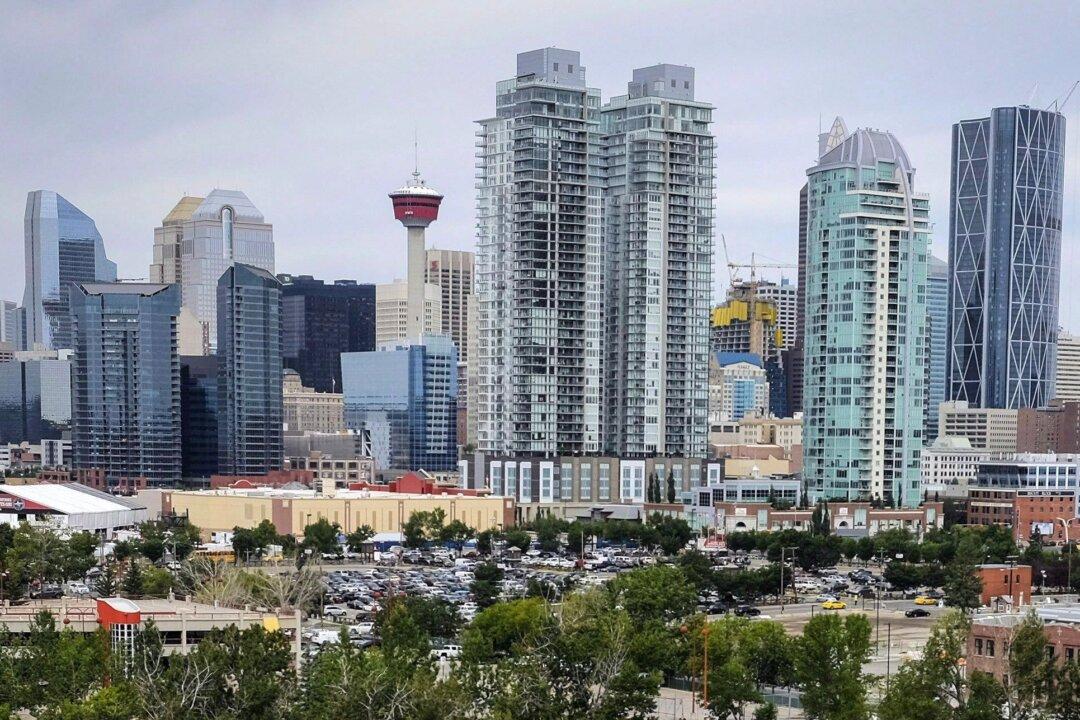Indications of desperate times are all over Alberta.
“The thing that is selling the most right now are ‘For Sale’ signs,” Calgary resident Marco Navarro-Genie told The Epoch Times.

Indications of desperate times are all over Alberta.
“The thing that is selling the most right now are ‘For Sale’ signs,” Calgary resident Marco Navarro-Genie told The Epoch Times.